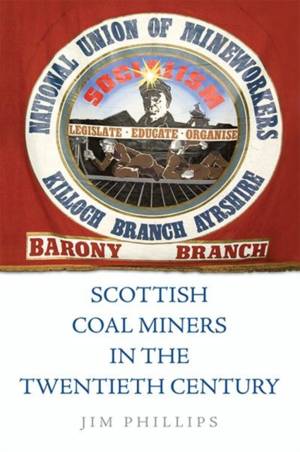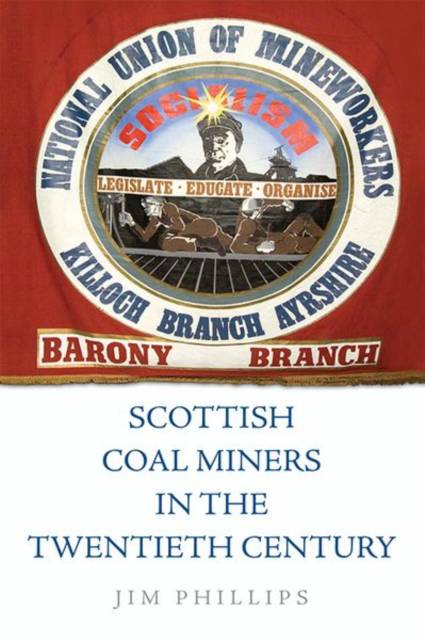
- Retrait gratuit dans votre magasin Club
- 7.000.000 titres dans notre catalogue
- Payer en toute sécurité
- Toujours un magasin près de chez vous
- Retrait gratuit dans votre magasin Club
- 7.000.0000 titres dans notre catalogue
- Payer en toute sécurité
- Toujours un magasin près de chez vous
Description
Examining working class welfare in the age of deindustrialisation through the experiences of the Scottish coal miner
Throughout the twentieth century Scottish miners resisted deindustrialisation through collective action and by leading the campaign for Home Rule. This book argues that coal miners occupy a central position in Scotland's economic, social and political history, and highlights the role of miners in formulating labour movement demands for political-constitutional reforms that eventually resulted in the establishment of the Scottish Parliament in 1999. The book also uses the struggle of the mineworkers to explore working class wellbeing more broadly during the prolonged and politicised period of deindustrialisation that saw jobs, workplaces and communities devastated.
Key features
Examines deindustrialisation as long-running, phased and politicised process
Uses generational analysis to explain economic and political change
Relates Scottish Home Rule to long-running debates about economic security and working class welfare
Analyses the longer history of Scottish coal miners in terms of changing industrial ownership, production techniques and workplace safety
Relates this economic and industrial history to changes in mining communities and gender relations
Spécifications
Parties prenantes
- Auteur(s) :
- Editeur:
Contenu
- Nombre de pages :
- 336
- Langue:
- Anglais
Caractéristiques
- EAN:
- 9781474452328
- Date de parution :
- 16-02-21
- Format:
- Livre broché
- Format numérique:
- Trade paperback (VS)
- Dimensions :
- 140 mm x 216 mm
- Poids :
- 381 g

Les avis
Nous publions uniquement les avis qui respectent les conditions requises. Consultez nos conditions pour les avis.






